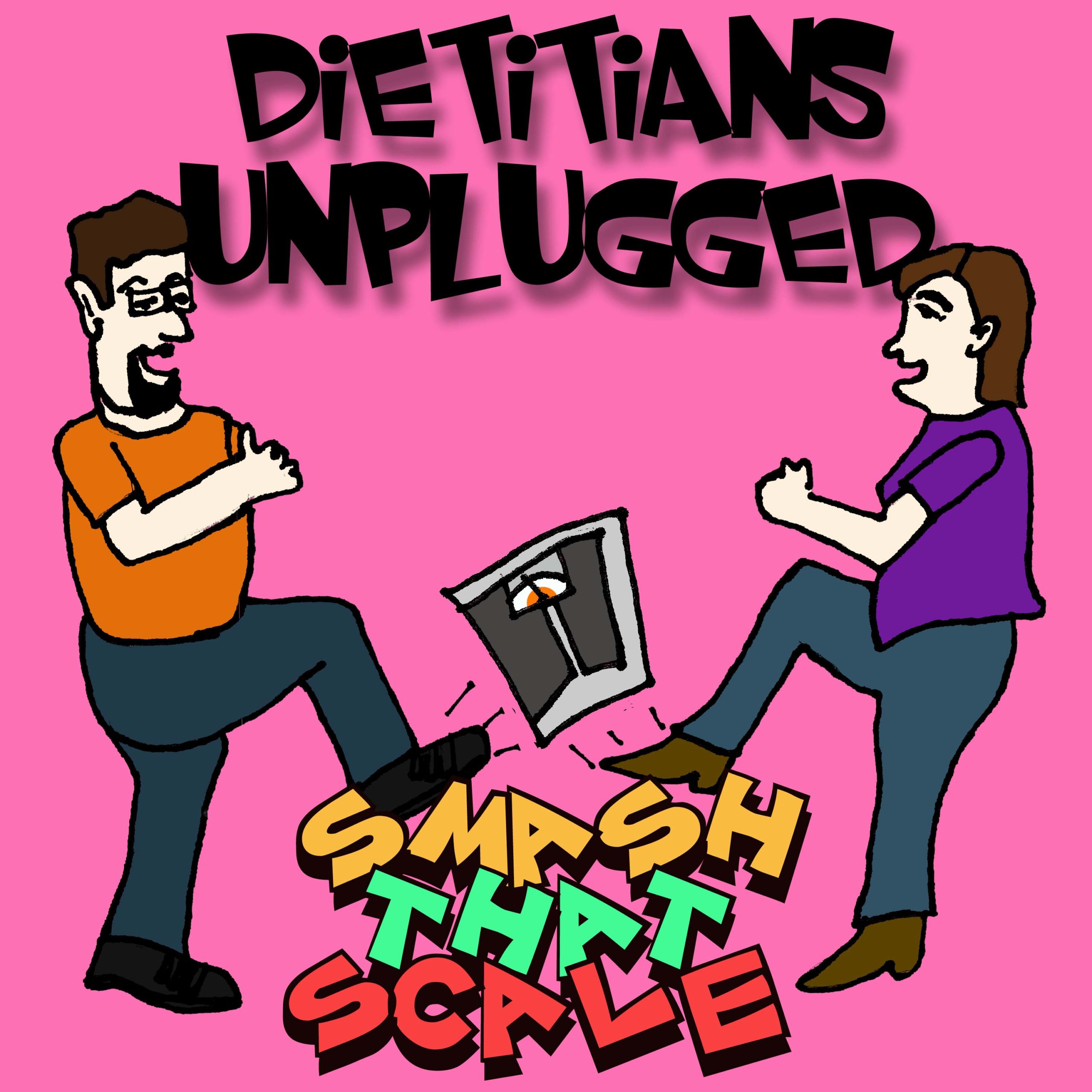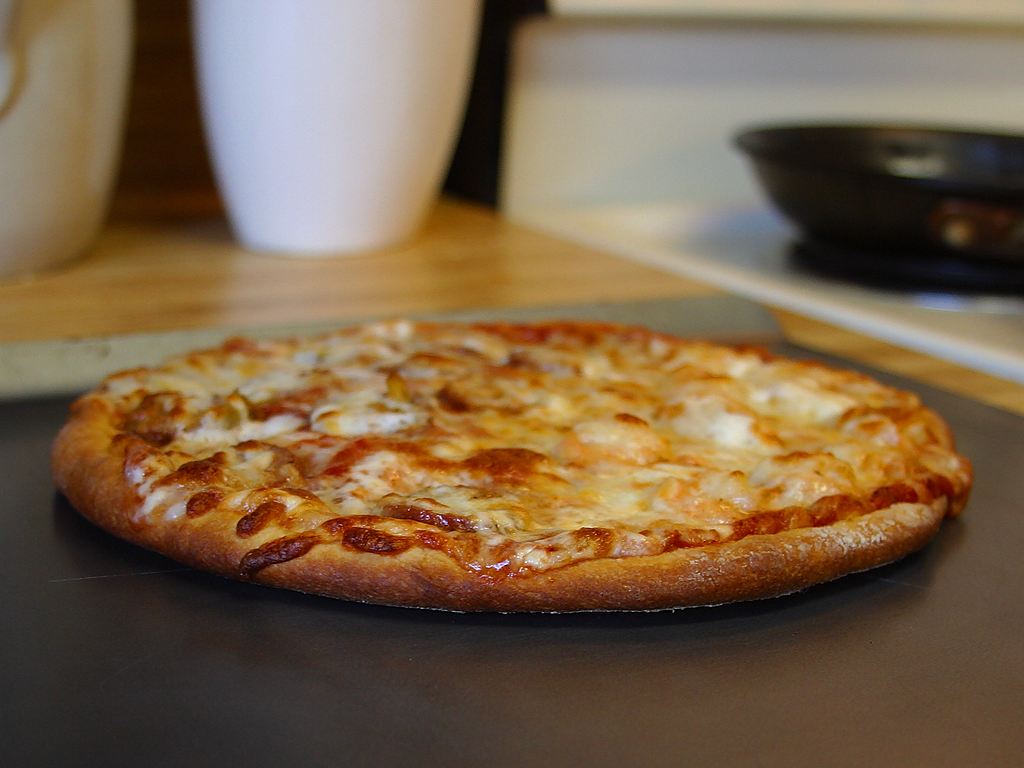I spend a lot of time focusing on the 95% failure rate of dieting just so people can be aware of what they are getting themselves into when they decide they want to lose weight. And inevitably, every few months someone on Twitter will say, “Of course long term weight loss is possible. People do […]

In Episode 4 of the Dietitians Unplugged podcast, Aaron and I discuss the common confusion around Intuitive Eating and the expectation of weight loss. BONUS: a brief update on Oprah and her partnership with Weight Watchers that we discussed in Episode 3. Listen on Libsyn or iTunes. Give us a review on iTunes if you […]

I’m not the first (this was the first I saw and my inspiration for this post. And it’s awesome!), or anywhere near the last, person to be ticked off at Oprah Winfrey for her Weight Watchers ad in which she says, “Inside every overweight woman is a woman she knows she can be.” As though […]

Join us as we explore the idea of health and wellness from a new perspective. Each episode we will discuss topics that we hope to help you improve your health, body image and fitness without obsessing on the scale or counting calories. We believe in Health at Every Size®, Intuitive Eating, and body positivity and we want to help you build the confidence to ditch the scale, and embrace your health without shaming your body.
apple podcasts & Spotify
The Dietitians unplugged Podcast
Listen on:
